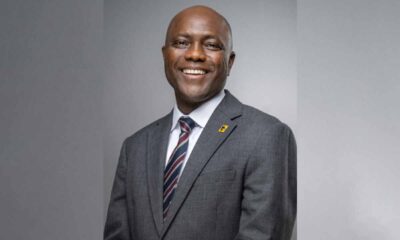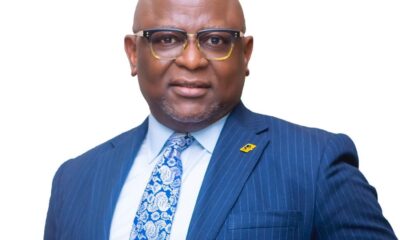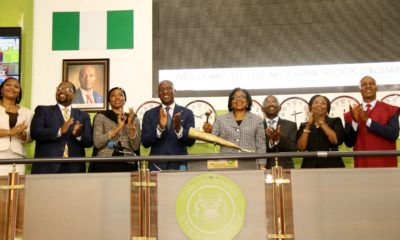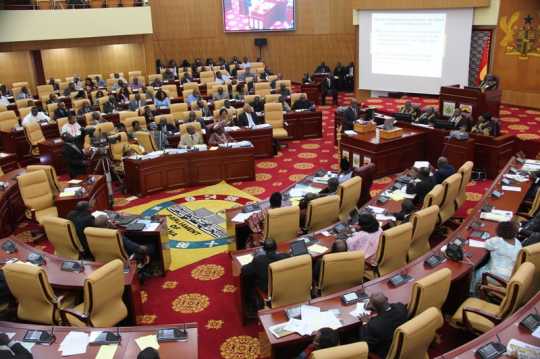On Monday, a group of shareholders staged a protest at the headquarters of First Bank of Nigeria Holdings in Lagos.
Their grievance centered around efforts to obstruct the financial institution from conducting its scheduled Annual General Meeting.
The demonstrators, primarily consisting of minority shareholders, congregated outside the headquarters, brandishing placards and vocally advocating for the institution’s right to fulfill its legal obligation of hosting AGMs.
Disputes have arisen regarding ownership stakes within FBN Holdings, triggered by the acquisition of a majority interest by a company associated with the prominent billionaire entrepreneur, Oba Otudeko.
Mukhtar Mukhtar, the Chairman of the Trusted Shareholders’ Association, voiced the dissatisfaction of the protesting shareholders, highlighting their displeasure with the move to impede the AGM proceedings.
He said, “We are here at the First Bank office to register our displeasure, our discontentment and rejection of the attempt by some shareholders to prevent the Annual General Meeting of First Bank from holding and preventing the consideration of some very important resolutions for the progress of the bank.
“These shareholders have approached the court to stop First Bank from raising capital like other banks are doing and then not to admit some directors onto the board of the bank. Those who have gone to court to stop the AGM know that it is illegal. AGMs are statutory meetings.”
Also Read: Dollar to Naira Black Market Today August 8th, 2023
In July, FBN Holdings announced its plan to secure additional funds by conducting a rights issue, subject to the consent of shareholders during the upcoming Annual General Meeting set for this month. The financial institution outlined its strategy to generate capital by issuing 8.974 billion ordinary shares, each valued at 50 kobo.
Mukhtar also called for the intervention of the Central Bank of Nigeria, Securities and Exchange Commission and Nigerian Stock Exchange in the ongoing tussle for the lender.
He said, “The regulators, the Central Bank of Nigeria, Nigerian Stock Exchange, and Securities and Exchange Commission should wade into this problem. They know that AGMs are statutory.
“We know that the management of First Bank wants the AGM to hold and for all the resolutions to be considered but they have been prevented from holding the AGM by some shareholders. First Bank of Nigeria has a systemic and important place in the economy of Nigeria. It is a bank that must be allowed to grow. It doesn’t make sense for the regulators to be silent in this case.
“We will continue to protest and write petitions. How can regulators just keep quiet while a few persons hold a bank of First Bank status to ransom? The regulators cannot continue their complacent behaviour in the face of this situation. They must exert some regulatory powers. We cannot afford to let First Bank die, therefore the regulatory authorities must act.”


 Naira4 weeks ago
Naira4 weeks ago
 Billionaire Watch4 weeks ago
Billionaire Watch4 weeks ago


 Naira4 weeks ago
Naira4 weeks ago


 Naira3 weeks ago
Naira3 weeks ago




 Naira3 weeks ago
Naira3 weeks ago




 Naira3 weeks ago
Naira3 weeks ago




 Naira2 weeks ago
Naira2 weeks ago
 Commodities3 weeks ago
Commodities3 weeks ago





















